Ethical Hacking Career Roadmap After B.Cs| Eligibility, Course, Fees, and Syllabus for 2024
Explore the comprehensive roadmap to a career in ethical hacking after completing your B.Cs. Learn about eligibility criteria, essential courses, fees, and detailed syllabus to prepare for a successful career in cybersecurity.

As the demand for cybersecurity professionals continues to grow, a career in ethical hacking offers a lucrative and exciting path for those with a Bachelor of Computer Science (B.Cs). Ethical hacking involves testing and securing computer systems by identifying vulnerabilities before malicious hackers can exploit them. This roadmap provides a comprehensive guide to pursuing a career in ethical hacking after completing your B.Cs, including eligibility criteria, courses, fees, and syllabus details.
What is Ethical Hacking?
Ethical hacking, also known as penetration testing or white-hat hacking, involves deliberately probing and testing computer systems, networks, and applications to identify and address security vulnerabilities before malicious hackers can exploit them. The goal of ethical hacking is to enhance security by finding weaknesses and improving defenses.
Key Aspects of Ethical Hacking:
Purpose and Intent:
- Security Improvement: Ethical hackers use their skills to help organizations strengthen their security measures. They aim to discover vulnerabilities and provide recommendations for remediation.
- Legal and Authorized: Unlike malicious hackers, ethical hackers operate with explicit permission from the organization they are testing. They work within legal boundaries and follow a code of conduct.
Methods and Techniques:
- Vulnerability Assessment: Ethical hackers conduct thorough assessments to identify potential weaknesses in systems, networks, and applications.
- Penetration Testing: This involves simulating cyber-attacks to exploit vulnerabilities and assess the impact of these attacks on the organization’s systems.
- Social Engineering: Ethical hackers may use social engineering techniques to test the human element of security, such as phishing or pretexting, to evaluate how employees respond to security threats.
Types of Ethical Hackers:
- White-Hat Hackers: These are security professionals who use their skills for lawful and constructive purposes. They often work as consultants or for security teams within organizations.
- Red Teamers: Specialize in emulating sophisticated cyber-attacks to test an organization’s defenses in a realistic environment.
- Bug Bounty Hunters: Independent researchers who identify and report security vulnerabilities in exchange for rewards offered by organizations.
Tools and Techniques Used:
- Scanning Tools: Tools like Nmap and Nessus are used to discover open ports, services, and potential vulnerabilities.
- Exploitation Tools: Tools such as Metasploit help in simulating attacks to exploit identified vulnerabilities.
- Network Analyzers: Tools like Wireshark are used to monitor and analyze network traffic for security assessments.
Ethical and Legal Considerations:
- Authorization: Ethical hacking is performed with the explicit consent of the system owner. Unauthorized hacking activities are illegal and unethical.
- Reporting: Ethical hackers provide detailed reports on their findings, including vulnerabilities discovered, the potential impact, and recommendations for remediation.
Career Path:
- Certifications: Common certifications include Certified Ethical Hacker (CEH), Offensive Security Certified Professional (OSCP), and CompTIA Security+.
- Skills Required: Strong knowledge of networking, programming, and operating systems, as well as familiarity with security tools and methodologies.
Eligibility Criteria
Educational Background:
- Bachelor’s Degree: A B.Cs degree is the primary requirement. While it provides a strong foundation in computer science, additional specialized courses in cybersecurity or ethical hacking are often beneficial.
- Certifications: While not mandatory, industry-recognized certifications in ethical hacking can enhance job prospects and are often preferred by employers.
Skills and Knowledge:
- Programming Skills: Proficiency in programming languages such as Python, C, or Java is essential.
- Networking Fundamentals: Understanding of network protocols, firewalls, and networking concepts is crucial.
- Knowledge of Operating Systems: Familiarity with various operating systems, including Linux and Windows, is important for ethical hacking.
Courses and Training
Certified Ethical Hacker (CEH):
- Duration: 5 to 10 days
- Fees: ₹40,000 to ₹70,000
- Details: Provides foundational knowledge in ethical hacking, including tools, techniques, and methodologies used by hackers.
Offensive Security Certified Professional (OSCP):
- Duration: 3 to 6 months (self-paced)
- Fees: ₹90,000 to ₹1,50,000
- Details: Advanced certification focusing on hands-on penetration testing and real-world hacking scenarios.
CompTIA Security+:
- Duration: 1 to 2 months
- Fees: ₹30,000 to ₹50,000
- Details: Covers a broad range of security topics and is ideal for building a strong foundation in cybersecurity.
Certified Information Systems Security Professional (CISSP):
- Duration: 2 to 3 months
- Fees: ₹1,00,000 to ₹1,50,000
- Details: Advanced certification focusing on information security and risk management.
Hands-On Labs and Practical Training:
- Duration: Variable (often included in certification courses)
- Fees: Varies based on provider
- Details: Practical labs and simulated environments help apply theoretical knowledge in real-world scenarios.
Syllabus Overview
Introduction to Ethical Hacking:
- Basics of ethical hacking
- Legal and ethical considerations
- Types of hackers and their motives
Footprinting and Reconnaissance:
- Information gathering techniques
- Social engineering
- Network scanning and enumeration
Scanning Networks:
- Network scanning tools and techniques
- Vulnerability assessment
- Port scanning
System Hacking:
- Gaining access to systems
- Escalating privileges
- Maintaining access and covering tracks
Malware Threats:
- Types of malware (viruses, worms, Trojans)
- Malware analysis and detection
- Countermeasures and protection
Web Application Security:
- Web application vulnerabilities (SQL injection, XSS)
- Web security tools
- Securing web applications
Wireless Network Security:
- Wireless network vulnerabilities
- Wireless encryption and security protocols
- Attacks on wireless networks
Cryptography:
- Encryption and decryption techniques
- Cryptographic algorithms and protocols
- Implementing cryptographic solutions
Ethical Hacking Tools and Techniques:
- Hands-on training with tools like Nmap, Metasploit, and Wireshark
- Penetration testing methodologies
- Reporting and documentation
Fees for Ethical Hacking Courses
| Course | Duration | Fees (Approx.) |
|---|---|---|
| Certified Ethical Hacker (CEH) | 5 to 10 days | ₹40,000 to ₹70,000 |
| Offensive Security Certified Professional (OSCP) | 3 to 6 months | ₹90,000 to ₹1,50,000 |
| CompTIA Security+ | 1 to 2 months | ₹30,000 to ₹50,000 |
| Certified Information Systems Security Professional (CISSP) | 2 to 3 months | ₹1,00,000 to ₹1,50,000 |
| Hands-On Labs and Practical Training | Variable | Varies based on provider |
Career Opportunities
- Ethical Hacker/Penetration Tester
- Security Analyst
- Cybersecurity Consultant
- Security Architect
- Network Security Engineer
Conclusion
Embarking on a career in ethical hacking after a B.Cs offers promising opportunities in the cybersecurity field. By following this roadmap, including pursuing relevant certifications and gaining practical experience, you can build a robust career protecting organizations from cyber threats. Stay updated with the latest trends and continuously enhance your skills to remain effective in this dynamic and challenging field.Ethical hacking plays a crucial role in modern cybersecurity by proactively identifying and mitigating security risks. By understanding and implementing ethical hacking practices, organizations can better protect their assets, data, and overall security posture against potential cyber threats.
FAQs
1. What is ethical hacking?
Ethical hacking involves testing and securing computer systems, networks, and applications to identify vulnerabilities and prevent malicious attacks. Ethical hackers, or "white hat" hackers, use their skills to protect organizations from cyber threats.
2. What qualifications are needed to start a career in ethical hacking after a B.Cs?
A Bachelor of Computer Science (B.Cs) provides a solid foundation. Additional qualifications or certifications, such as Certified Ethical Hacker (CEH) or Offensive Security Certified Professional (OSCP), are highly recommended to enhance your skills and job prospects.
3. What are the popular certifications for ethical hackers?
Key certifications include:
- Certified Ethical Hacker (CEH): Provides foundational knowledge in ethical hacking techniques.
- Offensive Security Certified Professional (OSCP): Focuses on hands-on penetration testing and advanced hacking skills.
- CompTIA Security+: Offers a broad overview of security concepts and practices.
- Certified Information Systems Security Professional (CISSP): Covers in-depth security management and policy development.
4. What is the typical duration and cost of ethical hacking courses?
- CEH: 5 to 10 days, ₹40,000 to ₹70,000
- OSCP: 3 to 6 months, ₹90,000 to ₹1,50,000
- CompTIA Security+: 1 to 2 months, ₹30,000 to ₹50,000
- CISSP: 2 to 3 months, ₹1,00,000 to ₹1,50,000
5. What skills are necessary for a career in ethical hacking?
Key skills include:
- Programming Knowledge: Proficiency in languages like Python, C, or Java.
- Networking Basics: Understanding network protocols, firewalls, and security measures.
- Knowledge of Operating Systems: Familiarity with both Windows and Linux environments.
- Analytical Skills: Ability to analyze security issues and devise effective solutions.
6. How can I gain practical experience in ethical hacking?
- Hands-On Labs: Participate in practical labs offered by certification programs.
- Internships: Seek internships or entry-level positions to gain real-world experience.
- Home Labs: Set up your own testing environment to practice ethical hacking techniques.
7. What are the career opportunities in ethical hacking? Career options include:
- Ethical Hacker/Penetration Tester
- Security Analyst
- Cybersecurity Consultant
- Security Architect
- Network Security Engineer
8. Is financial aid available for ethical hacking courses?
Yes, many institutions and certification providers offer financial aid, scholarships, or payment plans. It’s advisable to check with specific providers for details on available financial support.
9. How do I stay updated with the latest trends in ethical hacking?
- Follow Industry News: Regularly read cybersecurity news and blogs.
- Join Professional Associations: Engage with organizations like (ISC)² or EC-Council.
- Attend Conferences and Workshops: Participate in cybersecurity events and training.
10. What is the job outlook for ethical hackers?
The demand for ethical hackers is high due to increasing cyber threats and a growing emphasis on cybersecurity. Job prospects are favorable, with many opportunities for career growth and specialization in various areas of cybersecurity.
What's Your Reaction?








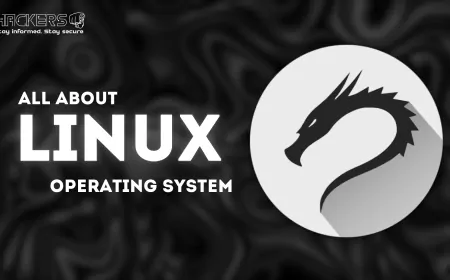
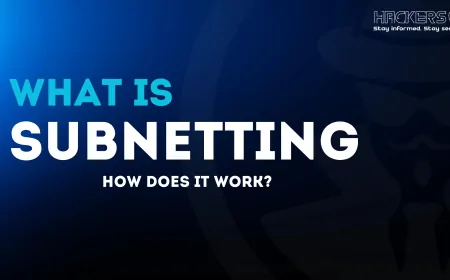
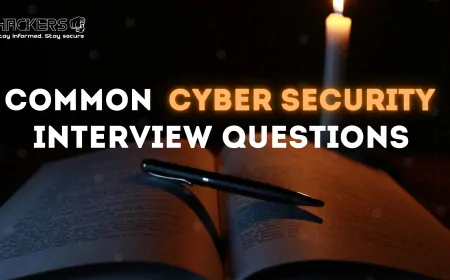
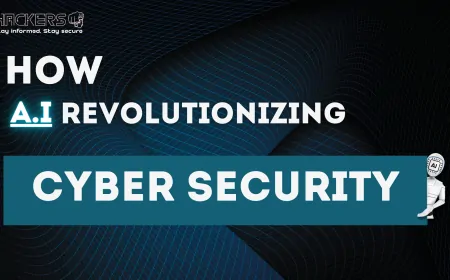
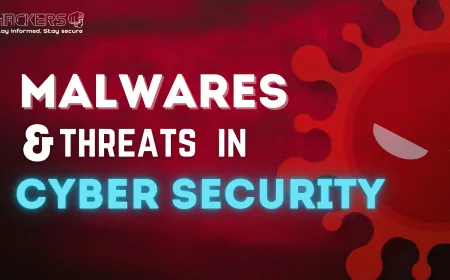








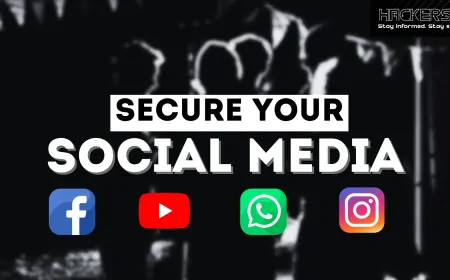
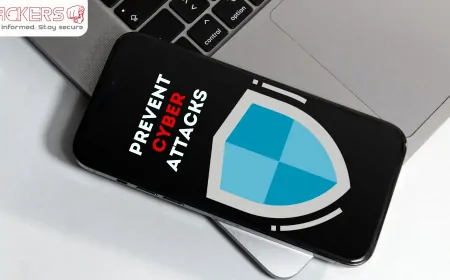
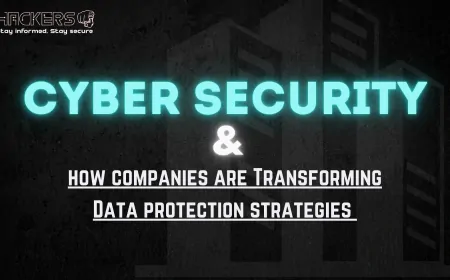


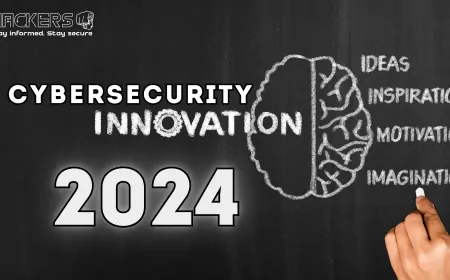
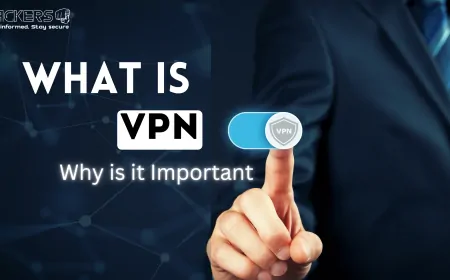
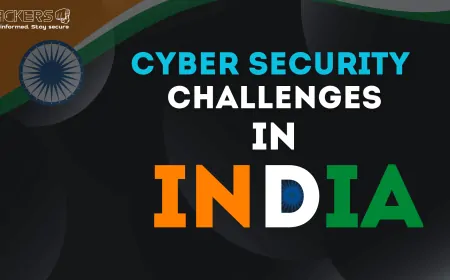























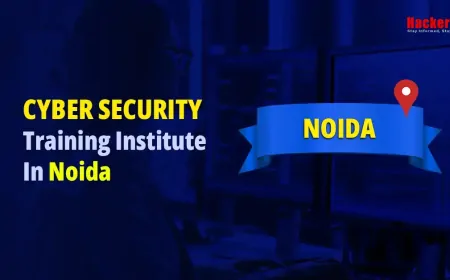
![Top 10 Famous Ethical Hackers in India [2024]](https://www.hackers4u.com/uploads/images/202409/image_430x256_66dae6608949e.webp)









